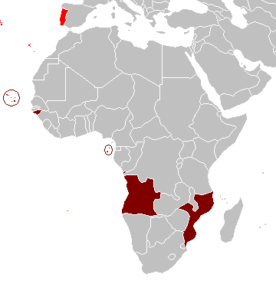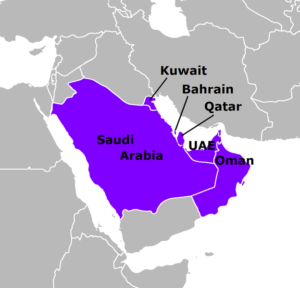A substantial number of Goans migrate out of Goa for various reasons. Education, jobs etc are prominent reasons for them to leave Goa. Some choose to settle abroad and some choose to come back to Goa. ItsGoa.com takes a closer look at this age-old tradition.
Many sources indicate that Goa traded internationally since the time of Mauryas. It is during the time of Portuguese colonization that migration picked-up. This is an attempt to compile the information for our readers to understand the complexity of the topic.
Genesis of large scale Goan Migration
In the first instance, the migration is said to have been encouraged by religious persecution under colonial authorities. Many members of the majority community left the newly conquered territories by the Portuguese. Mainly due to the religious policy of that time as indicated by various sources.
This group settled outside what is referred to as the ‘Old Conquest’. They moved to other Indian kingdoms and empires. There they continued to practice their old traditions and even spoke their native ‘Konkani’ language. Some even chose to return to Goa when the religious fervor of the colonial authorities had calmed down.
Economic migration under the Portuguese rule
According to sources, colonization gave Goans new horizons to explore. They were now able to go to Portuguese colonies across the globe. They moved to colonies of other countries as well. For example many Goans moved and even settled in British colonies in Africa. Here they took up administrative positions besides being involved in other occupations.
Many also started their businesses abroad and prospered. Many things were brought from these lands back to Goa. In many instances items such as lamps, marble, glass, furniture, ivory items, which are today found in Goan heritage houses was brought to Goa from abroad.
Another circumstance that pushed Goans to migrate was lack of higher educational institutes in Goa. They either moved to British India or other foreign countries. A prominent example is Tristão de Bragança Cunha also referred to as the “Father of Goan nationalism”, who went to the University of Paris.
Similarly like him Dr. Julio Menezes, also a prominent freedom fighter of Goa attended Berlin University where he graduated in Medicine. It is here that Dr. Menezes met Dr. Ram Manohar Lohia. The pair went on to organise the rally on 18th June 1954, in Goa. Today the day is celebrated as the ‘Revolution Day’ in Goa.
After the end of colonial era
According to prominent sources after the Goan liberation, Portuguese colonies in Africa revolted against the colonial authorities. This period of decolonisation brought instability to the region. Goans diaspora in a particular country in Africa were even asked to leave. A few choose to return to India while others made their way to Australia, U.S.A, Canada, UK etc. As these avenues were closed new ones began to open up.
- Discovery of petrol led to an economic boom in the Gulf.
- A large number of Goans migrated there.
- In fact a report states around 50% of Goan emigrants made their way to this region in search of employment.
- After years of hard work many choose to retire back to the native state.
Reasons besides economic benefits for migration of Goans
Besides employment, there are many Goans who choose to go abroad for a better standard of living. “I feel the education there is much better than here and also there is dignity of labour abroad compared to here …. another reason is the infrastructure and other medical facilities are better aboard” a few reason cited by Shannon Pinto, who plans to move abroad in the near future.
On being asked whether she had ever been to a foreign land, she replied that she hasn’t visited any foreign countries, but the information was relayed to her through her relatives who have already settled abroad.




